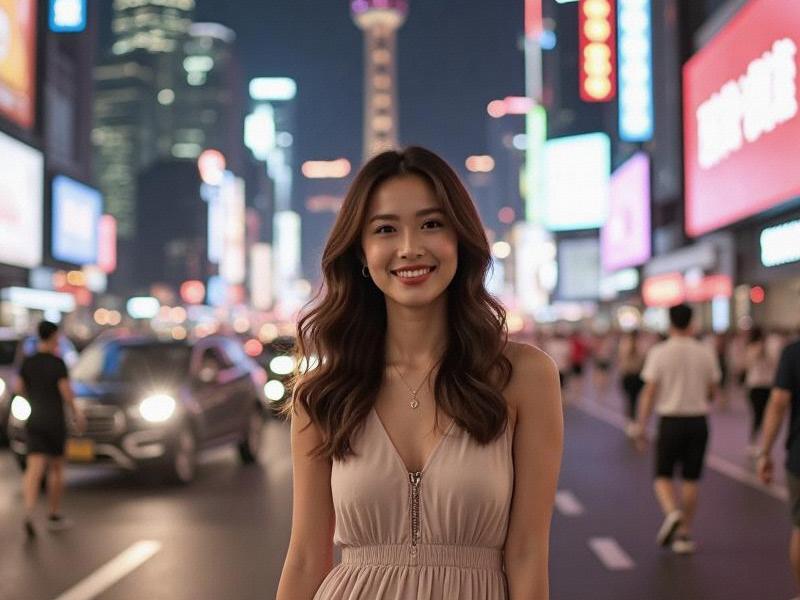
The neon glow of Shanghai's entertainment districts illuminates the Huangpu River as another night of revelry begins. Behind discreet entrances in the French Concession, speakeasy-style lounges serve bespoke cocktails to international elites. Across town in Pudong, billion-dollar deals are celebrated in private karaoke suites where Dom Pérignon flows as freely as Mandarin pop ballads. This is Shanghai's entertainment ecosystem in 2025 - a ¥58 billion industry where East meets West in spectacular fashion.
The New Golden Age
Shanghai's entertainment renaissance builds upon its jazz-age legacy while embracing futuristic innovations. The newly renovated Paramount Club, where 1930s gangsters once danced, now features holographic performances alongside live jazz quartets. Meanwhile, the 120-story Sky Lounge offers vertigo-inducing views through its glass floor suspended 550 meters above Lujiazui.
"Shanghai nightlife has entered its third golden age," says nightlife historian Professor Zhang Wei. "The first was the 1920s jazz era, the second the 1990s reform period, and now we're seeing a synthesis of global influences with Chinese characteristics."
爱上海最新论坛 Technology Meets Tradition
Modern venues blend digital innovation with timeless hospitality. The recently opened Neo Club in Xintiandi uses facial recognition for VIP entry while employing traditional tea ceremony masters to welcome guests. Its "Smart Bar" features robot mixologists that craft perfect cocktails based on patrons' mood readings from AI-powered cameras.
KTV (karaoke) venues have undergone particularly dramatic transformations. The new Sing! Nation flagship in Jing'an District offers virtual duets with holographic pop stars and real-time vocal coaching from AI. Luxury chains like PartyWorld Platinum provide soundproof "deal rooms" where executives can negotiate contracts with built-in translation technology before switching to entertainment mode.
The Business of Pleasure
夜上海最新论坛 Entertainment clubs have become crucial to Shanghai's economy. The nightlife sector employs over 180,000 people directly, with another 250,000 in supporting industries. High-end venues generate remarkable revenue - top clubs report average spends of ¥8,000-15,000 per VIP table on weekends.
"About 40% of our business comes from corporate entertainment," reveals Lily Chen, marketing director of Muse 2.0 in the Found. "Companies book entire floors for product launches and client appreciation events that blend business with pleasure."
Cultural Fusion
The most successful venues masterfully combine international trends with Chinese sensibilities. Bar Rouge on the Bund mixes Parisian chic with Shanghai glamour, while TAXX's new "Silk Road" concept merges Central Asian musical traditions with electronic beats. The hottest trend sees traditional tea houses transforming into late-night lounges after 10 PM, where DJs spin ambient mixes over the gentle clinking of porcelain cups.
上海夜生活论坛 Regulation and Innovation
Shanghai's entertainment industry operates within a carefully balanced regulatory framework. The 2024 Nightlife Management Ordinance introduced tiered licensing allowing different districts to set closing times. All venues now use centralized monitoring systems tracking occupancy, noise levels and security in real-time.
Looking ahead, Shanghai's entertainment scene shows no signs of slowing down. With three superclubs set to open before the 2025 World Expo and international DJs lining up for residencies, the city continues its ascent as Asia's undisputed nightlife capital - where business, pleasure and innovation meet under the glow of neon lights.
